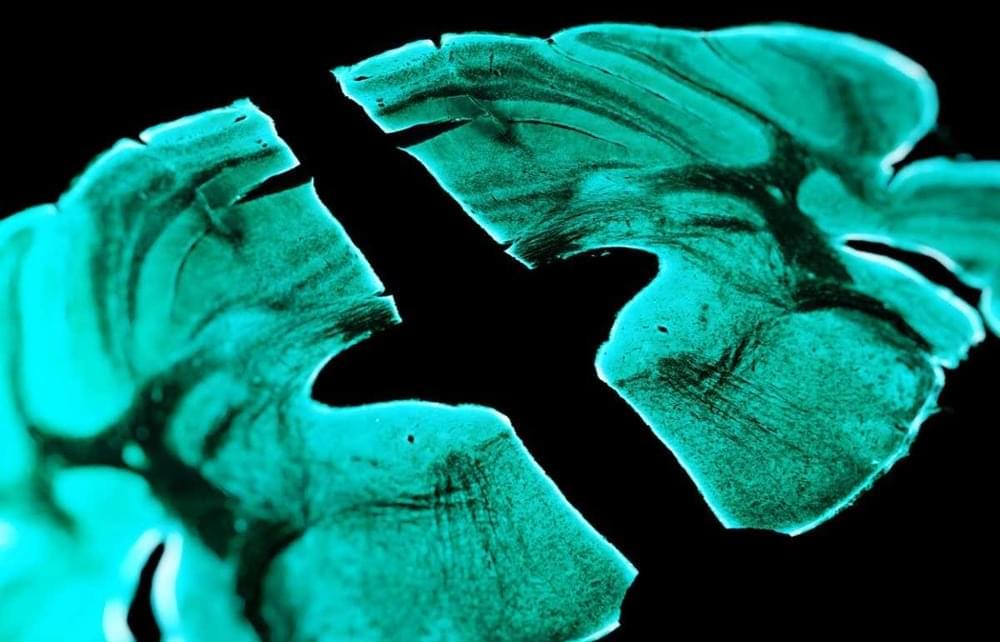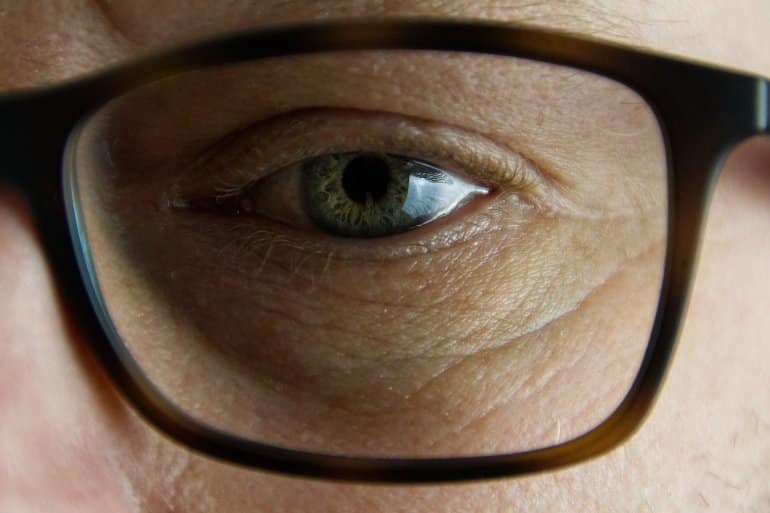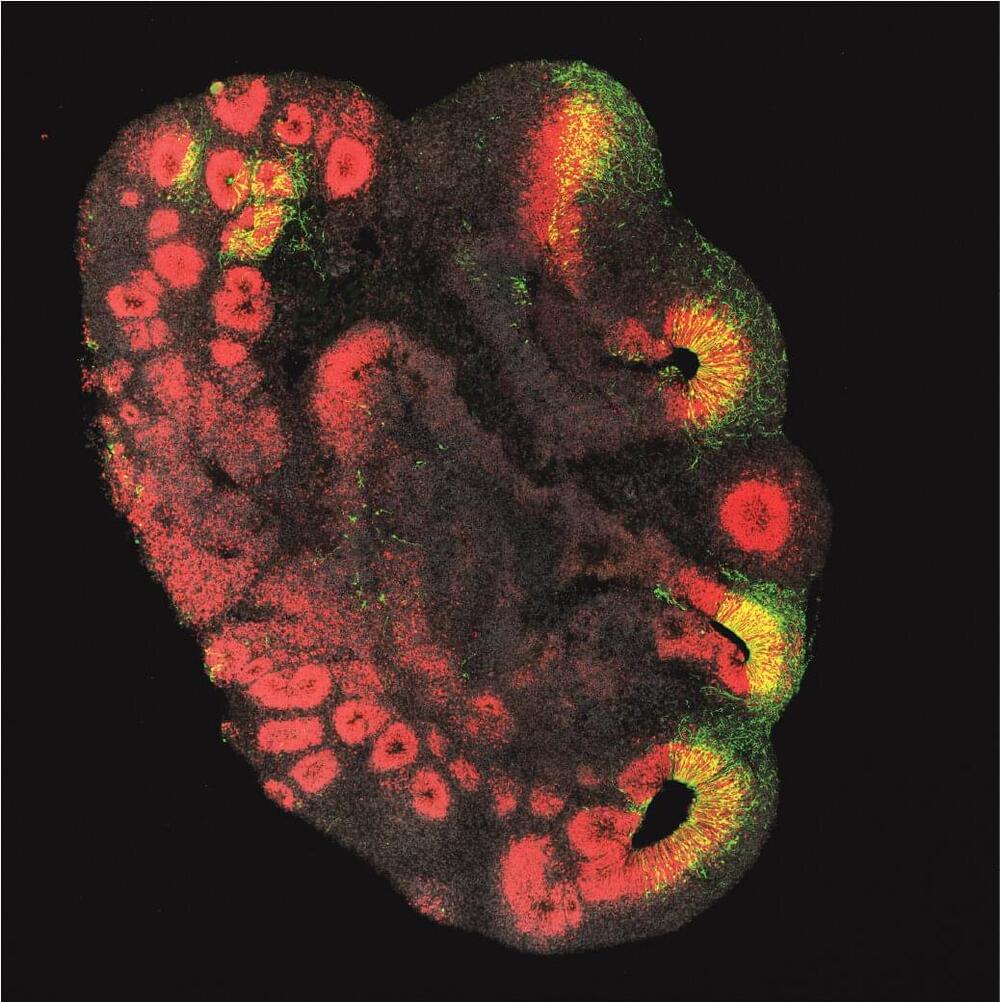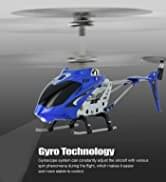Studies say that by combining historical accident data with road maps, satellite imagery, and GPS, a machine learning model is trained to create high-resolution crash maps, we might be getting ever so closer to safer roads. Technology has changed a lot over the years such as GPS systems that eliminated the need to memorize streets orally, sensors and cameras that warn us of objects that are close to our vehicles, and autonomous electric vehicles. However, the precautions we take on the road have largely remained the same. In most places, we still rely on traffic signs, mutual trust, and the hope that we’ll reach our destination safely.
With a view to finding solutions to the uncertainty underlying road accidents, researchers at the MIT Computer Science and Artificial Intelligence Laboratory have been working with the Qatari Center for Artificial Intelligence to develop a deep learning model that can predict high-resolution maps of accident risks. The model calculates the number of accidents predicted for a specific future time frame using past accident data, road maps, simulations and GPS traces. Thus, high-risk zones and future crashes can be identified using the map.
According to reports by homelandsecuritynewswire.com, maps of this type have been captured so far at much lower resolutions, resulting in a loss of vital information. Former attempts have relied mostly on hystorical crash data, whereas the research team has compiled a wide base of critical information, identifying high-risk areas by analyzing GPS signals that provide data on traffic density, speed, and direction, along with satellite imagery that provides data on road structures. They observed that highways, for example, are more hazardous than nearby residential roads, and intersections and exits to highways are even more dangerous than other highways.








